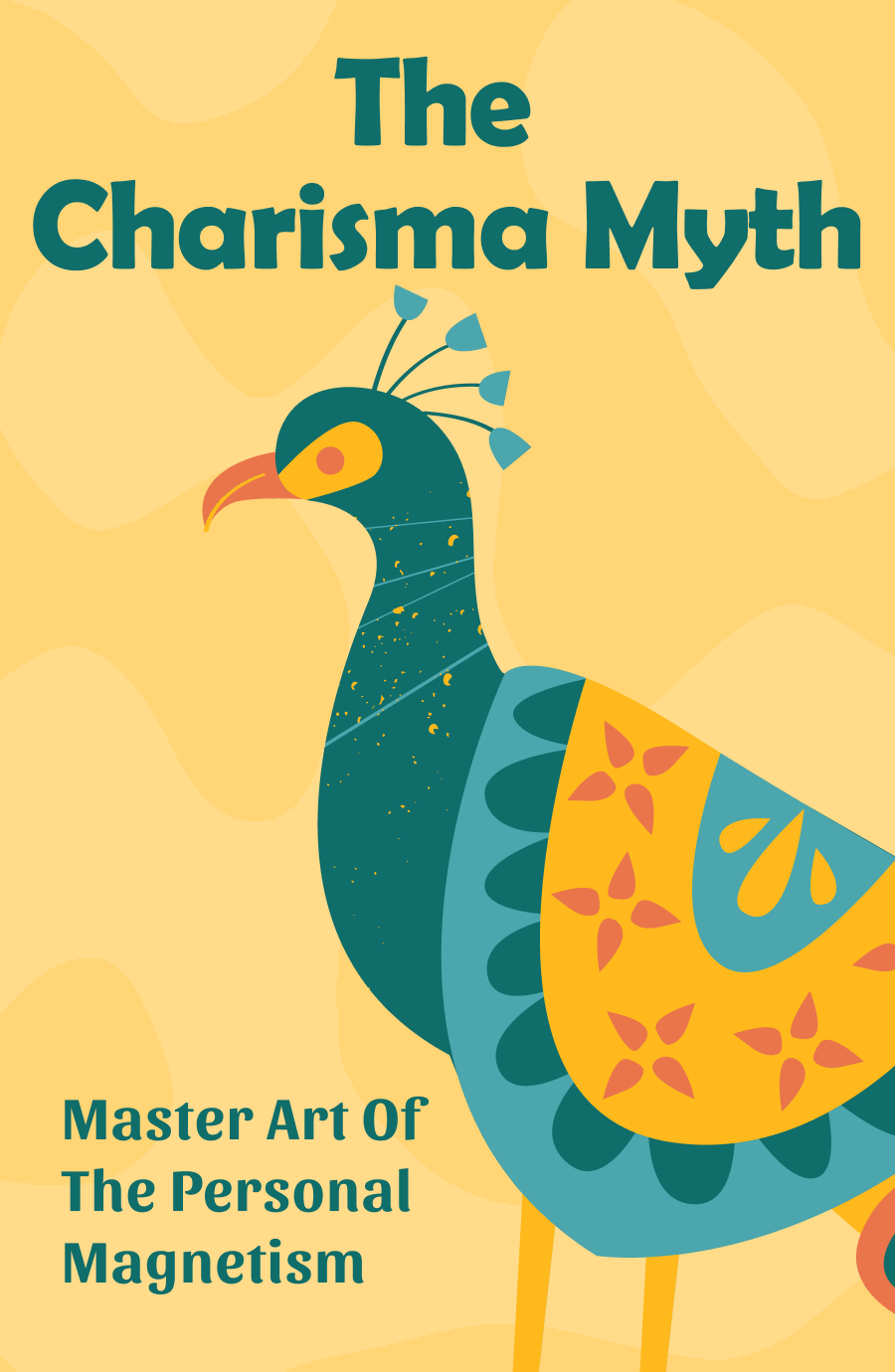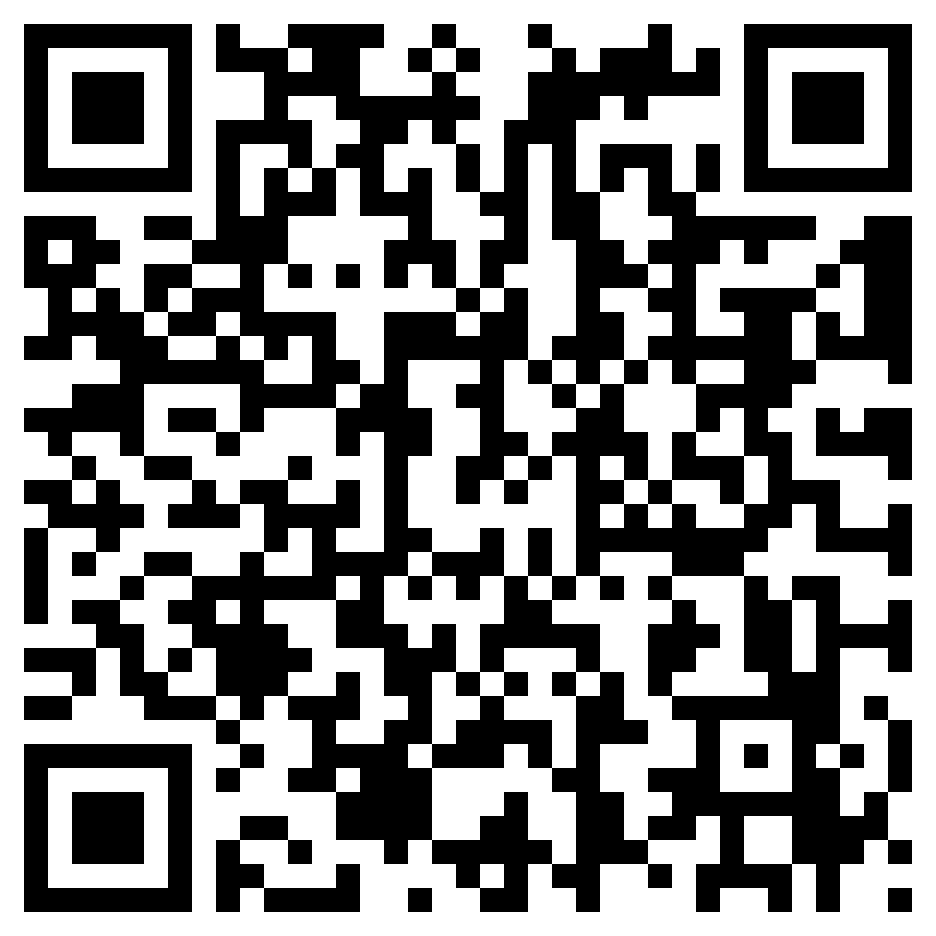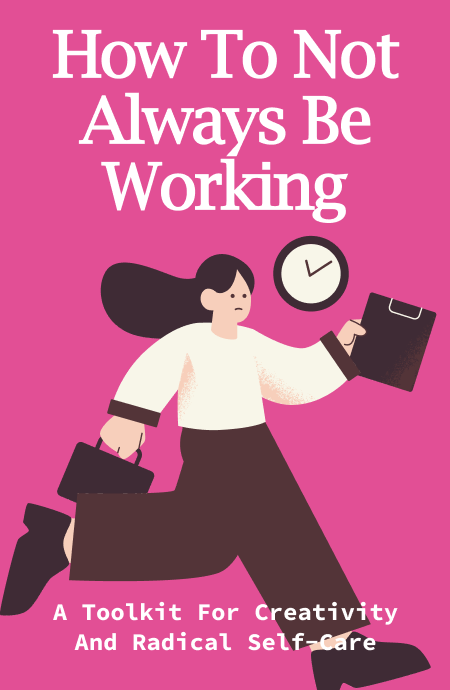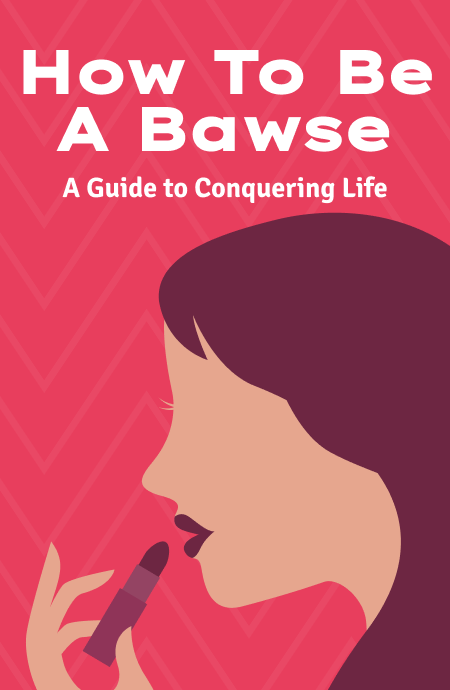Lesson 1. Introduction
Have you ever fantasised about becoming as charismatic as Bill Clinton or as compelling as Steve Jobs? Whether you already have some charisma and want to improve it, or you've been hoping for a bit of that magic but don't think you're the charismatic kind, there's good news for you: charisma is a skill that can be learned and practised.
Consider how different your life would be if you knew that the moment you walked into a room, people would notice you, want to hear what you have to say, and be eager to gain your approval.
People are pulled to them like a moth to a flame, and feel compelled to assist them in any manner they can. People who are charismatic appear to have a charmed life: they have more romantic possibilities, make more money, and are less stressed.
People will like you, trust you, and want to follow you if you have charisma. It can influence whether you're perceived as a follower or a leader, whether your ideas are adopted, and how well your initiatives are executed. Whether you like it or not, charm has the power to make people want to do what you want.
People are not born charismatic—innately magnetic from birth, contrary to common assumption. If charisma were a natural trait, charismatic people would always be enthralling, but this isn't the case. Even the most captivating celebrity's charisma can fluctuate from one instant to the next. Marilyn Monroe had the ability to turn off her charisma like a switch and be entirely unnoticed. She just adjusted her body language to reactivate her magnetism.
Charisma is the product of specific nonverbal behaviours, not an inherent or magical personal characteristic, as much research has demonstrated in recent years.
This is one of the reasons why charisma levels fluctuate: whether or not someone exhibits these actions determines whether or not they have charm.
Have you ever had the sensation of being completely in control of a situation? A time when you seemed to astonish others—even if it was only for a little moment—and the people around you exclaimed, "Wow!" Because we presume charismatic people are magnetic at all times, we don't necessarily conceive of these experiences as charisma or consider ourselves charismatic.
One of the reasons charisma is misunderstood as intrinsic is that, like many other social abilities, charismatic acts are learnt early on. In fact, most people aren't even aware that they're learning them. They're simply experimenting with new behaviours, observing the results, and fine-tuning them. The actions eventually become instinctive.
Lesson 2. What constitutes charisma?
Unlock Knowledge with Wizdom App
Explore a world of insights and wisdom at your fingertips with the Wizdom app.
 1 Million+ App Download
1 Million+ App Download  4.9App Store Rating
4.9App Store Rating 5000+Summaries & Podcasts
5000+Summaries & Podcasts









